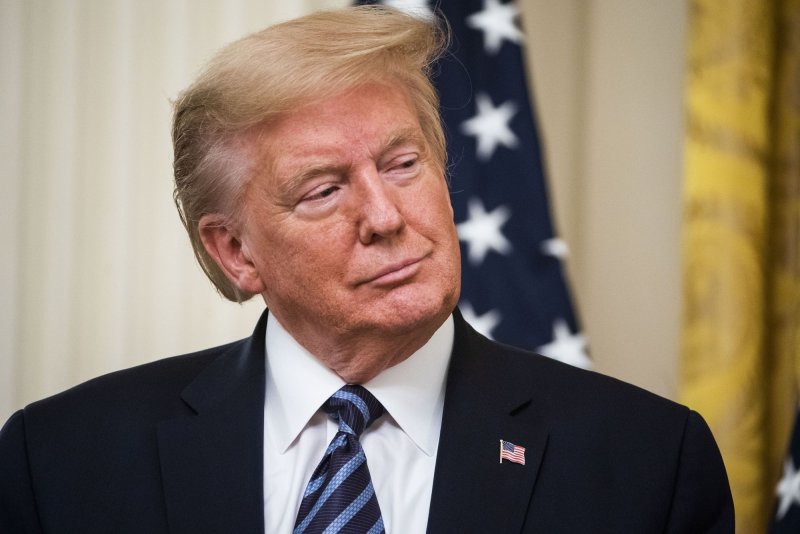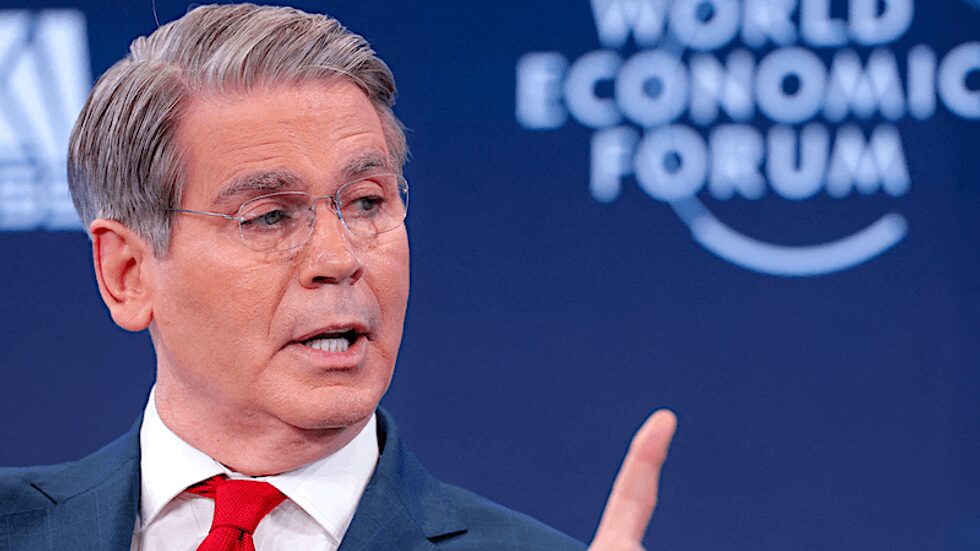UPDATE: The University of Virginia has officially settled with the Justice Department, halting federal investigations into its admissions policies. This urgent development comes amid the Trump administration’s aggressive stance against what it perceives as left-leaning ideologies in higher education.
As confirmed by both the University and the Justice Department on October 23, 2023, federal probes into the university’s civil rights practices will now be paused. The settlement includes an agreement for the University to adopt the Trump administration’s Guidance for Recipients of Federal Funding Regarding Unlawful Discrimination, a controversial directive released in late July that links federal funding to strict interpretations of civil rights laws aimed at restricting diversity, equity, and inclusion initiatives.
Under the terms of the agreement, the University of Virginia will provide federal prosecutors with relevant information and data on a quarterly basis through 2028. Notably, the institution will not face any monetary penalties. Paul Mahoney, interim President of the University, emphasized the importance of preserving academic freedom in a letter to the university community, stating, “Importantly, it preserves the academic freedom of our faculty, students, and staff.”
Mahoney assured the community that the University would be treated “no less favorably than any other university” regarding federal research grants, and notably, there will be no external monitoring involved. Instead, the University will proactively update the Department of Justice on compliance efforts.
This settlement follows a series of actions by the Trump administration targeting elite universities across the nation. Since returning to the White House in January, Trump has utilized executive orders and legal threats against numerous institutions, accusing them of anti-Semitism and the adoption of DEI policies. Critics argue that these interventions amount to coercion, forcing schools to align with far-right policies.
The University of Virginia stands out as one of seven institutions that, since October 1, declined to sign Trump’s contentious 10-part Compact for Academic Excellence in Higher Education. This compact offered priority access to federal funds for schools that agreed to implement government-mandated reforms, including a controversial ban on transgender women using women’s changing rooms.
Democratic Senator Chris Van Hollen from Maryland condemned the settlement, accusing the University of capitulating to “Trump’s bullying.” He expressed concern that such actions “encourage more mafia-like blackmail from this lawless administration.” Similarly, Virginia Senator Scott Surovell criticized the agreement as a “surrender,” warning it represents a troubling expansion of federal power over academic institutions.
The urgency of this development cannot be overstated, as it reflects ongoing tensions between educational freedom and governmental control. The implications of this settlement will unfold in the coming months, particularly as the University of Virginia navigates compliance with federal guidelines while maintaining its commitment to academic integrity.
As the situation continues to evolve, observers will be closely monitoring how this agreement impacts not only the University of Virginia but also the broader landscape of higher education in the United States.







